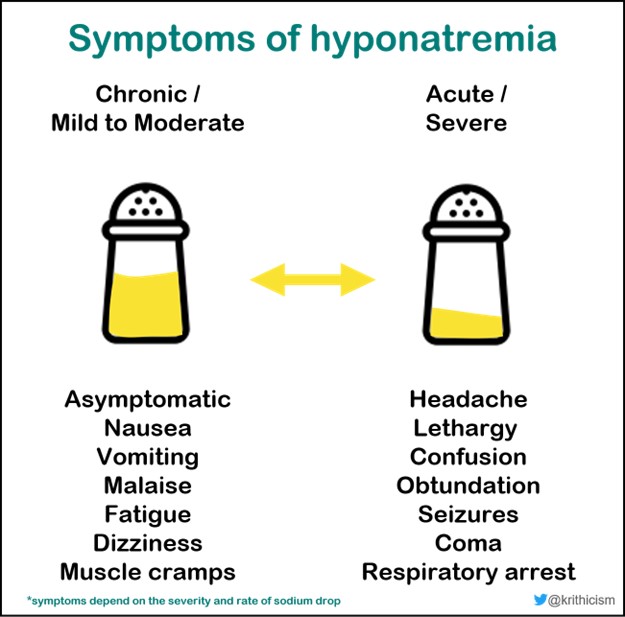A client who has inoperable cancer tells the nurse that she does not want to pursue the recommended treatment. She asks if the provider can force her to have the treatment. Which of the following is an appropriate response by the nurse?
You have the right to refuse the recommended treatment plan
We will have to tell your provider right away that you are considering this
You have to consider the medical consequences of not treating this cancer
In cases like yours, it is best to talk with your clergyperson before deciding this
The Correct Answer is A
A. You have the right to refuse the recommended treatment plan.
As a nurse, it’s essential to respect the autonomy and decision-making capacity of your patients. Patients have the right to make informed choices about their own healthcare, including whether to accept or decline treatment recommendations. By acknowledging the patient’s right to refuse treatment, you empower them to be active participants in their care.
B. Option b is not the correct answer because it focuses on informing the provider without addressing the client's concerns or providing guidance.
C. Option c is not the correct answer because it emphasizes the medical consequences of not treating the cancer without acknowledging the client's personal beliefs or values.
D. In cases like yours, it is best to talk with your clergyperson before deciding this.
While option D acknowledges the importance of seeking emotional and spiritual support during difficult decisions, it does not directly address the patient’s right to refuse treatment. As a nurse, your primary responsibility is to respect the patient’s autonomy and provide accurate information about their treatment options. Encouraging open communication with a clergyperson or any other trusted individual can be beneficial, but it should not override the patient’s right to make their own decisions regarding their healthcare.
Nursing Test Bank
Naxlex Comprehensive Predictor Exams
Related Questions
Correct Answer is A
Explanation
Hyponatremia refers to a lower-than-normal level of sodium in the blood. Sodium is an essential electrolyte involved in various bodily functions, including maintaining fluid balance and transmitting nerve impulses. When sodium levels are low, it can lead to fluid imbalances, affecting the function of muscles and nerves. Muscle cramps are a common manifestation of hyponatremia and occur due to alterations in muscle excitability and contractility.
Constipation: Constipation is not typically associated with hyponatremia. It can occur due to various reasons, such as dietary factors, lack of physical activity, or other medical conditions, but it is not a direct consequence of low sodium levels.
Hypertension: Hyponatremia is not usually associated with hypertension (high blood pressure). Hypertension can be caused by several factors, including genetics, lifestyle, and certain medical conditions, but it is not directly related to low sodium levels.
Blurred vision: While blurred vision can occur in some medical conditions, such as diabetes or certain eye disorders, it is not a typical finding in hyponatremia. Visual disturbances are not a direct consequence of low sodium levels.

Correct Answer is B
Explanation
The nurse should report the possible abuse to adult protective services if an older adult client states that their child took all their money. This is an important nursing intervention to ensure the safety and well-being of the client.
a) Instructing the client to report the theft to the police may be appropriate, but it is not the first action the nurse should take. The nurse has a legal and ethical obligation to report suspected abuse to the appropriate authorities.
c) Asking the client if there is another family member they can call for financial help may be appropriate, but it does not address the issue of possible abuse.
d) Restricting visitation for the client's family until discharge is not appropriate and may violate the client's rights.
Whether you are a student looking to ace your exams or a practicing nurse seeking to enhance your expertise , our nursing education contents will empower you with the confidence and competence to make a difference in the lives of patients and become a respected leader in the healthcare field.
Visit Naxlex, invest in your future and unlock endless possibilities with our unparalleled nursing education contents today
Report Wrong Answer on the Current Question
Do you disagree with the answer? If yes, what is your expected answer? Explain.
Kindly be descriptive with the issue you are facing.
